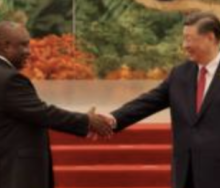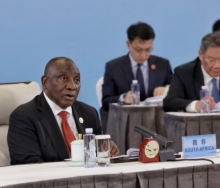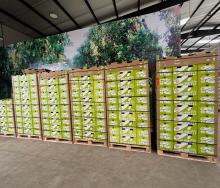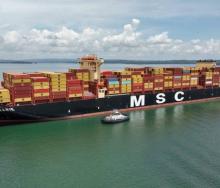International efforts to fight illicit wildlife trafficking have been boosted following the launch by the International Consortium on Combating Wildlife Crime (ICCWC) of a Wildlife and Forest Crime Analytic Toolkit. The organisation has also secured US$600 000 for the current fiscal year through the World Bank Development Grant Facility (DGF) to strengthen national enforcement capacities to fight wildlife crime.
Every day, wild plants and animals are being illegally logged, harvested or hunted in the richest biodiversity areas of the planet to satisfy lucrative illegal domestic and international markets, often controlled by criminal syndicates.
Trafficking, supplying, possessing and consuming wild fauna and flora obtained in contravention of national and international laws are happening at a scale that poses an immediate risk to species and ecosystems, as well as to the people who rely upon them for their livelihoods, according to the World Customs Organisation.
The ICCWC has not tried to place a value on the scale of illegal wildlife trade, but estimates it at anything between US$16 and 27 billion a year, including timber and marine species.
Some of the most lucrative illegal wildlife commodities include tiger parts, elephant ivory, rhino horn, and exotic birds and reptiles.
The Toolkit will provide government officials, Customs, police and other relevant enforcement agencies with a framework to analyse, prevent, detect and combat wildlife and forest offences.
New momentum in fight against illicit wildlife trafficking
31 Jul 2012 - by Staff reporter
0 Comments
Border Beat
Featured Jobs
New
New
New












